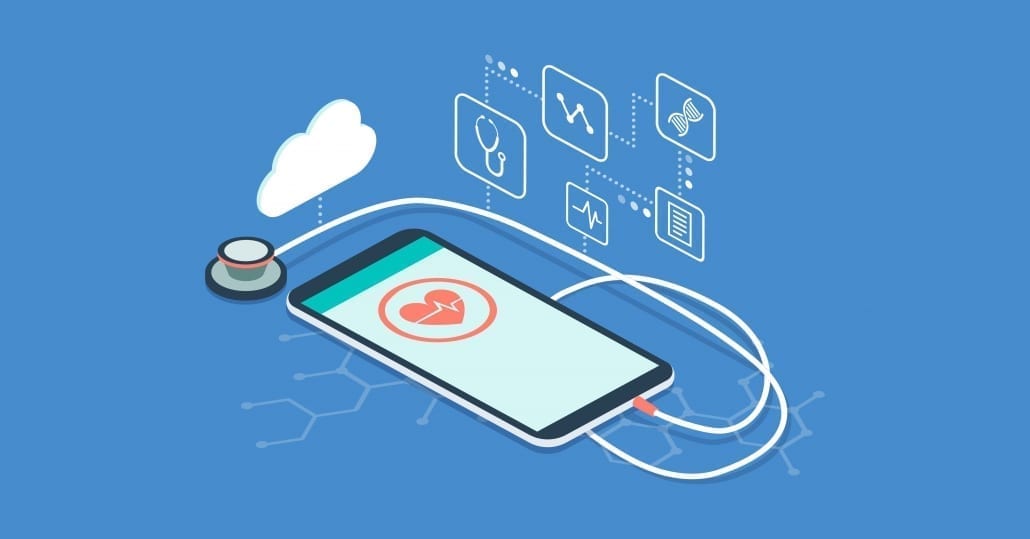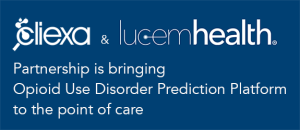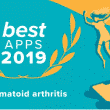
In today’s healthcare system, there is a focus on creating a value-based care system to foster a standard of effectiveness, and efficiency when it comes to patient health outcomes, and reduced costs. Through this model, healthcare providers are incentivized to deliver high quality care and this value is derived from measuring health outcomes over time. There is significant pressure that many providers face to be able to quantify their patient’s health outcomes in order to show they are in fact delivering “value-based care.” A value-based model creates a need for a fruitful cross-communication system that extends to patients, providers, payers, and all involved in the healthcare system in order to quantify and qualify health measures.
In a effort to utilize patient-reported health status to improve care, cliexa is collaborating with the American College of Cardiology to develop technical modules targeting cardiology-specific diseases using remote patient monitoring. The first module, cliexa-PULSE, has been developed is for Atrial Fibrillation and includes patient-reported symptom tracking, medication reconciliation functions, connections to wearable data and claims data connection. This information will fulfill reporting needs for patients through visual tracking graphics in the application and to physicians in a summarized, customized manner. Moving forward we are looking to commercialize this product through the ACC’s 2,500 members and beyond.
Improved communication and reduced costs can be achieved by improving patient engagement, streamlining clinical workflow, and implementing a customizable technology that will automate clinical processes, analyze and simplify patient data, which can lead to improved care and health outcomes. By the incorporation of patients’ health status and value via patient-reported outcomes (PROs), providers can monitor the quality of health care delivery.
PROs can be used as absolute terms, or as a change from a previous result as well as a measurement in clinical trials. Physicians can better determine baseline status, clinical trial endpoints, monitor therapy effectiveness, assess change in stats and prognosis predictor, while the patient experiences positive impacts on daily activities, emotional wellbeing, psychological health, and social function. In addition, PROs can aid clinics to improve patient outcomes, quality of life and satisfaction by using the PROs to better inform their care. PROs prioritize the important details in a clinical encounter and aid a better understanding of the motivation behind patient behavioral change. With this information, the clinic can analyze the evidence, design clinical trials and change their practice and policy. In addition, PROs can aid clinics to improve patient outcomes, quality of life and satisfaction by using the data to better inform their care. PROs prioritize the important details in a clinical encounter and aid a better understanding of the motivation behind patient behavioral change. With this information, the clinic can analyze the evidence, design clinical trials and change their practice and policy.
Patient-centered data collection outside of a traditional clinical is the next frontier of modern healthcare. By digitizing and automating PROs, both patients and physicians benefit financially and through effective time management. PROs tackle the challenge of long surveys, care integration, multimorbid patients, and improving the relationship between patient and provider. Clinicians need instruments (surveys) to capture patient-reported measures of symptom status, functional status and health-related quality of life. PROs help quantify the disease from patients’ perspectives, makes disease- specific measures more sensitive and relevant, help meet all the requirements of performance measures and can improve the process of delivering clinical care while bringing the patients’ voices into care. Physicians have found that PROs, in the right setting with the right workflow, are a helpful mechanism for shared decision making and help tackle the treatment goals of patient survival, free of hospitalization, and increased quality of life.
Read more from ACC: //www.acc.org/latest-in-cardiology/articles/2019/04/14/12/42/innovation-at-acc-collaboration-using-patient-reported-health-status-to-improve-care




